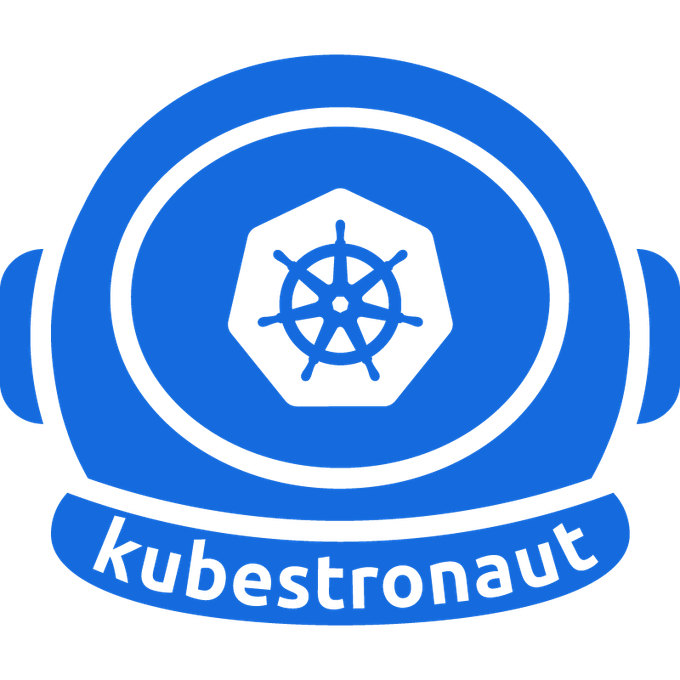
Becoming a DevOps Engineer in 2024 involves a combination of acquiring technical skills, gaining practical experience, and understanding the cultural and process aspects of DevOps. Here’s a step-by-step guide to help you on your path:
1. Understand the DevOps Culture
- Learn DevOps Principles: Understand the core principles of DevOps, including collaboration, automation, continuous integration/continuous deployment (CI/CD), and monitoring.
- Read Books and Articles: Books like The Phoenix Project and The DevOps Handbook provide valuable insights into DevOps culture and practices.
2. Develop Technical Skills
- Programming and Scripting: Learn languages commonly used in DevOps, such as Python, Bash, or Go, Ruby.
- Operating Systems: Gain proficiency in Linux and Windows operating systems.
- Cloud Platforms: Get familiar with cloud providers like AWS, Azure, and Google Cloud Platform (GCP). Certifications such as AWS Certified DevOps Engineer can be beneficial.
- Containerization and Orchestration: Learn about Docker and Kubernetes, which are essential for managing containerized applications.
- CI/CD Tools: Gain experience with Jenkins, GitLab CI, CircleCI, or similar tools.
- Infrastructure as Code (IaC): Learn tools like Terraform, Ansible, or CloudFormation for managing infrastructure through code.
3. Gain Practical Experience
- Hands-On Practice: Set up personal projects to practice deploying applications using CI/CD pipelines, containerization, and IaC.
- Join Open Source Projects: Contribute to open source projects on platforms like GitHub to gain real-world experience.
- Internships and Entry-Level Positions: Look for internships or junior positions that focus on operations or development to build experience.
4. Get Certified
- DevOps Certifications: Consider certifications such as AWS Certified DevOps Engineer, Azure DevOps Engineer Expert, or Google Professional DevOps Engineer to validate your skills.
- Continuous Learning: Stay updated with the latest tools and technologies by taking online courses on platforms like Coursera, Udemy, or Pluralsight.
5. Improve Soft Skills
- Communication and Collaboration: DevOps emphasizes collaboration between development and operations teams. Effective communication skills are essential.
- Problem-Solving: Develop strong analytical and problem-solving skills to address complex challenges.
6. Networking and Community Engagement
- Attend Meetups and Conferences: Engage with the DevOps community by attending events and conferences to learn from experts and peers.
- Join Online Communities: Participate in forums like Stack Overflow, Reddit, or LinkedIn groups to stay informed and connected with other professionals.
7. Explore Automation Tools and Practices
- Monitoring and Logging: Learn about tools like Prometheus, Grafana, ELK Stack, and Splunk for monitoring and logging.
- Security Practices: Understand DevSecOps and the importance of integrating security into the DevOps pipeline.
These resources will help you build a strong foundation in DevOps, stay updated with the latest tools and technologies, and connect with the DevOps community.
Books
- The Phoenix Project: A Novel About IT, DevOps, and Helping Your Business Win by Gene Kim, Kevin Behr, and George Spafford
- The DevOps Handbook: How to Create World-Class Agility, Reliability, & Security in Technology Organizations by Gene Kim, Jez Humble, Patrick Debois, and John Willis
- Accelerate: The Science of Lean Software and DevOps: Building and Scaling High Performing Technology Organizations by Nicole Forsgren, Jez Humble, and Gene Kim
Online Courses
- AWS Certified DevOps Engineer — Professional on AWS Training and Certification
- Microsoft Azure DevOps Engineer Expert on Microsoft Learn
- Google Cloud Professional DevOps Engineer on Google Cloud Training
- DevOps Foundations on LinkedIn Learning
- Docker Mastery: with Kubernetes +Swarm from a Docker Captain on Udemy
Online Platforms
- Coursera: Offers courses from top universities and companies.
- Udemy: Provides a wide range of courses on DevOps tools and practices.
- Pluralsight: Offers in-depth technical courses on various DevOps topics.
- edX: Hosts courses from leading institutions on DevOps and related fields.
Blogs and Websites
- DevOps.com: News, articles, and resources on DevOps trends and best practices.
- The New Stack: Insights into DevOps, cloud-native computing, and other tech trends.
- Cloud Native Computing Foundation Blog: Information on cloud-native computing and DevOps tools.
- AWS DevOps Blog: Articles and updates on DevOps practices and AWS services.
Communities and Forums
- letstalkaboutdevops.
- DevOps Subreddit: Discussions and resources from the DevOps community.
- Stack Overflow: A platform to ask questions and share knowledge on DevOps and related topics.
- DevOps Institute: Offers resources, certifications, and events for DevOps professionals.
- GitHub: Participate in open-source projects and collaborate with other developers.
Conclusion
The journey to becoming a DevOps Engineer involves a combination of mastering technical skills and embracing a collaborative mindset.
As technology continues to evolve, staying up-to-date with the latest trends and tools is crucial. Focus on continuous learning, practical experience, and community engagement to enhance your skills and understanding of DevOps practices. With dedication and a willingness to adapt, you can build a rewarding career in DevOps and contribute significantly to your organization’s success.


